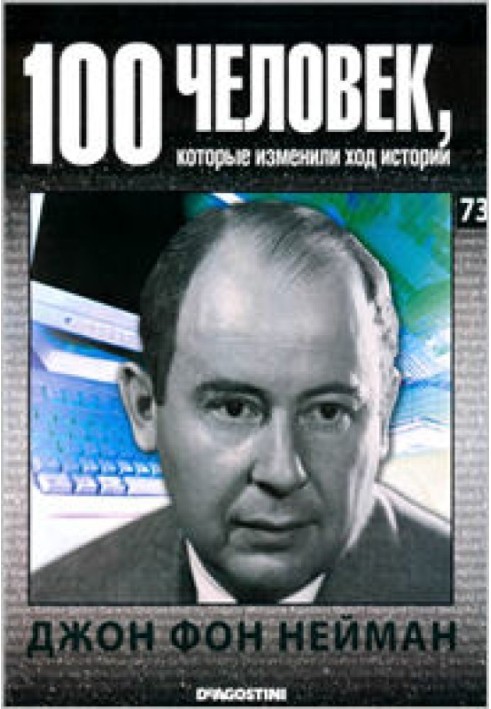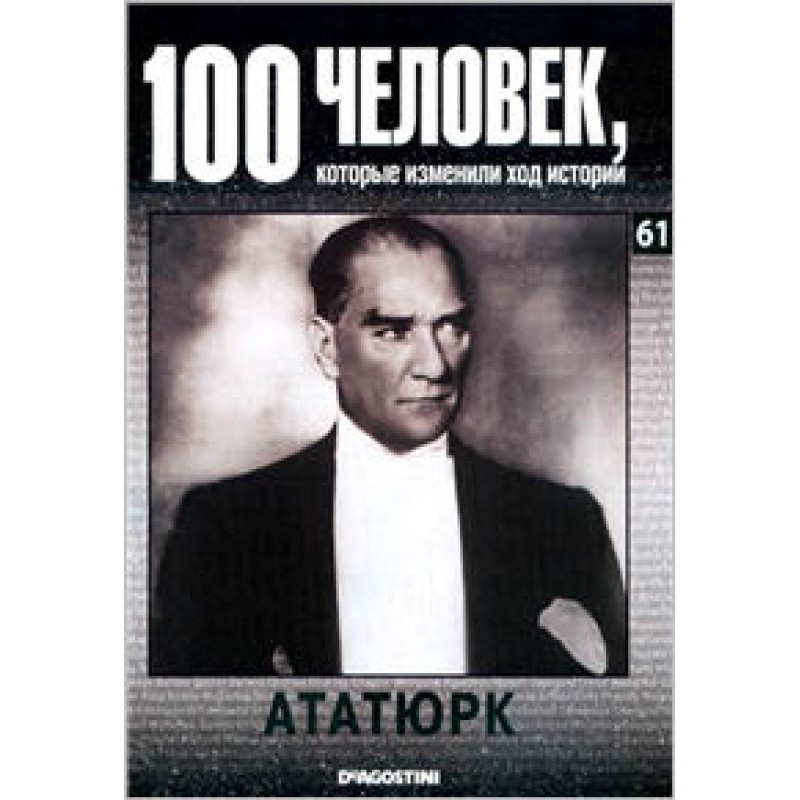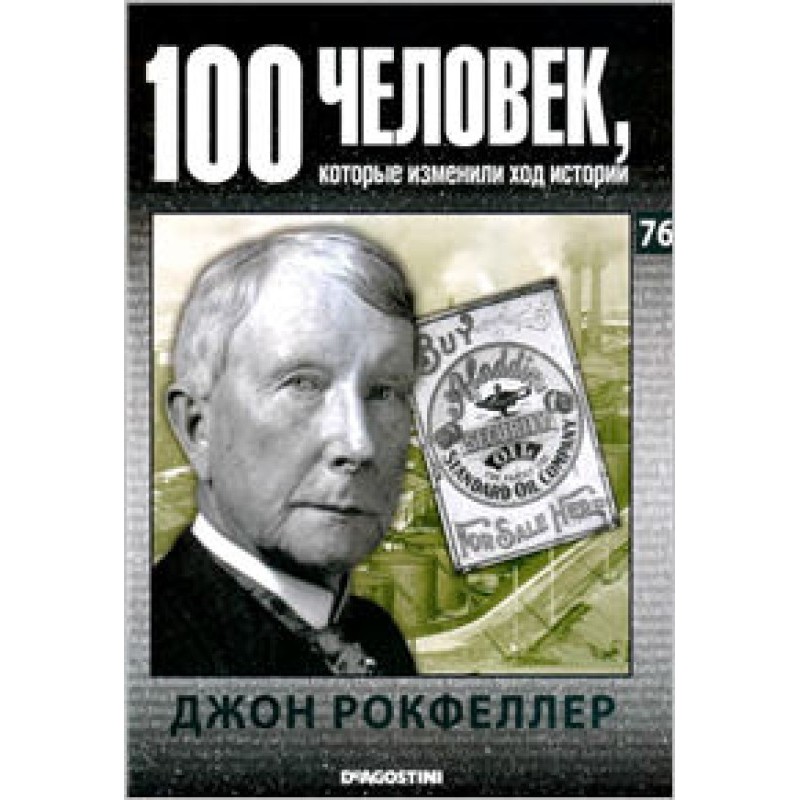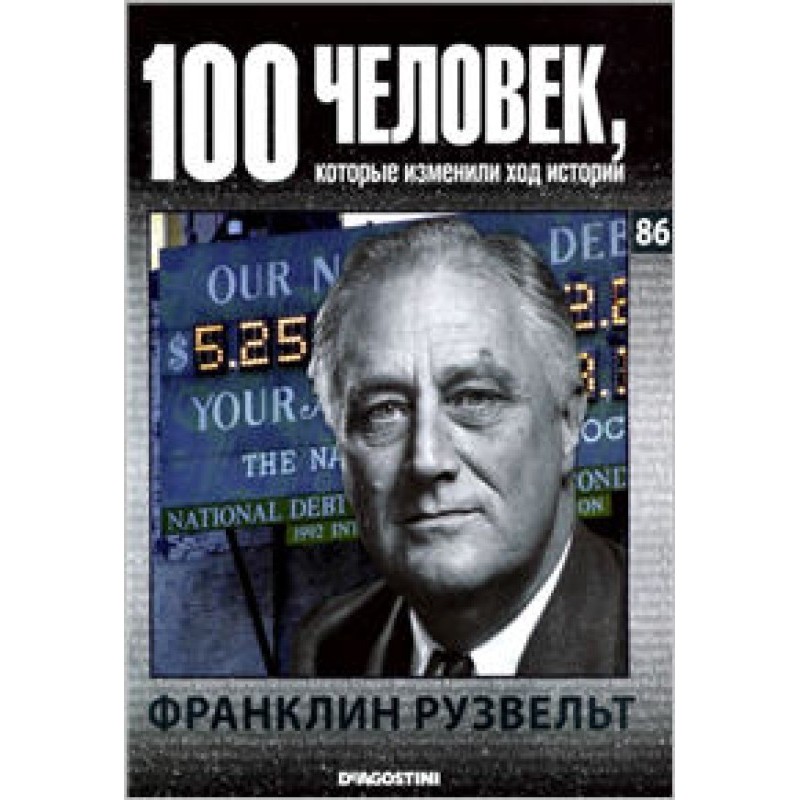John von Neumann
 Instant download
Instant download
after payment (24/7)
 Wide range of formats
Wide range of formats
(for all gadgets)
 Full book
Full book
(including for Apple and Android)
The first half of the 20th century was marked by the appearance of a galaxy of outstanding scientists, for whom the development of science was associated with the search for new, hitherto incredible, theories that did not fit into the usual standards of thinking. One of these people was John von Neumann (1903-1957), an American mathematician of Hungarian origin, who predicted the advent of the era of electronic computers. In the 1920s-1940s, the name of John von Neumann became truly famous in the mathematical world. In the 40s, he took an active part in the development of the first computers. He developed a detailed logic diagram of a machine in which the building blocks were not physical circuit elements, but idealized computational elements. The use of idealized computational elements was an important step forward, as it made it possible to separate the creation of a fundamental logical circuit from its technical implementation. Von Neumann's main achievement during his work as part of the Manhattan Project was the development of a method that made it possible, using numbers, to clearly and accurately describe the phenomenon of a nuclear explosion, which could not be studied in a practical way. At the end of the forties, having accumulated practical experience in creating computers, von Neumann began to create a general mathematical (logical) theory of automata. The differences between von Neumann's theory of automata and Wiener's cybernetics are insignificant and are due to the personal taste of their creators, and not to fundamental considerations. Von Neumann's theory is devoted mainly to discrete mathematics, while Wiener's is concerned with continuous mathematics. Of Neumann's 150 papers, only 20 deal with problems in physics, while the rest are equally distributed between pure mathematics and its practical applications, including game theory and computer theory. Neumann owns innovative works on computer theory related to the logical organization of computers, problems of the functioning of machine memory, imitation of randomness, and problems of self-reproducing systems. Thanks to his extraordinary intellect, this remarkable scientist made important contributions to quantum physics, quantum logic, functional analysis, set theory, computer science, economics, meteorology and many other branches of science. The secret of Neumann's success is sometimes considered to be his “axiomatic method.” He examined the subject, concentrating on its basic properties (axioms), from which everything else follows.
Data sheet
- Name of the Author
- Анастасия Жаркова Евгеньевна
- Language
- Russian
Reviews
Величезний внесок у науку та технології
Книга про Джона фон Неймана - це справжня подорож у світ геніальності та інновацій. Автор вдало описує не лише наукові досягнення фон Неймана, але й його унікальний підхід до вирішення складних проблем. Читач дізнається про те, як фон Нейман передбачив еру електронних обчислювальних машин, а також про його участь у Манхеттенському проекті, де він розробив методи, які дозволили описати ядерний вибух. Особливо вражає, як фон Нейман поєднував теоретичні знання з практичними застосуваннями, створюючи новаторські концепції в математиці та комп'ютерній теорії. Його "аксіоматичний метод" став основою для багатьох наукових досліджень і відкриттів. Ця книга не лише освітлює життя видатного вченого, але й надихає на нові досягнення у науці та технологіях. Рекомендую всім, хто цікавиться історією науки та її впливом на сучасний світ!



























